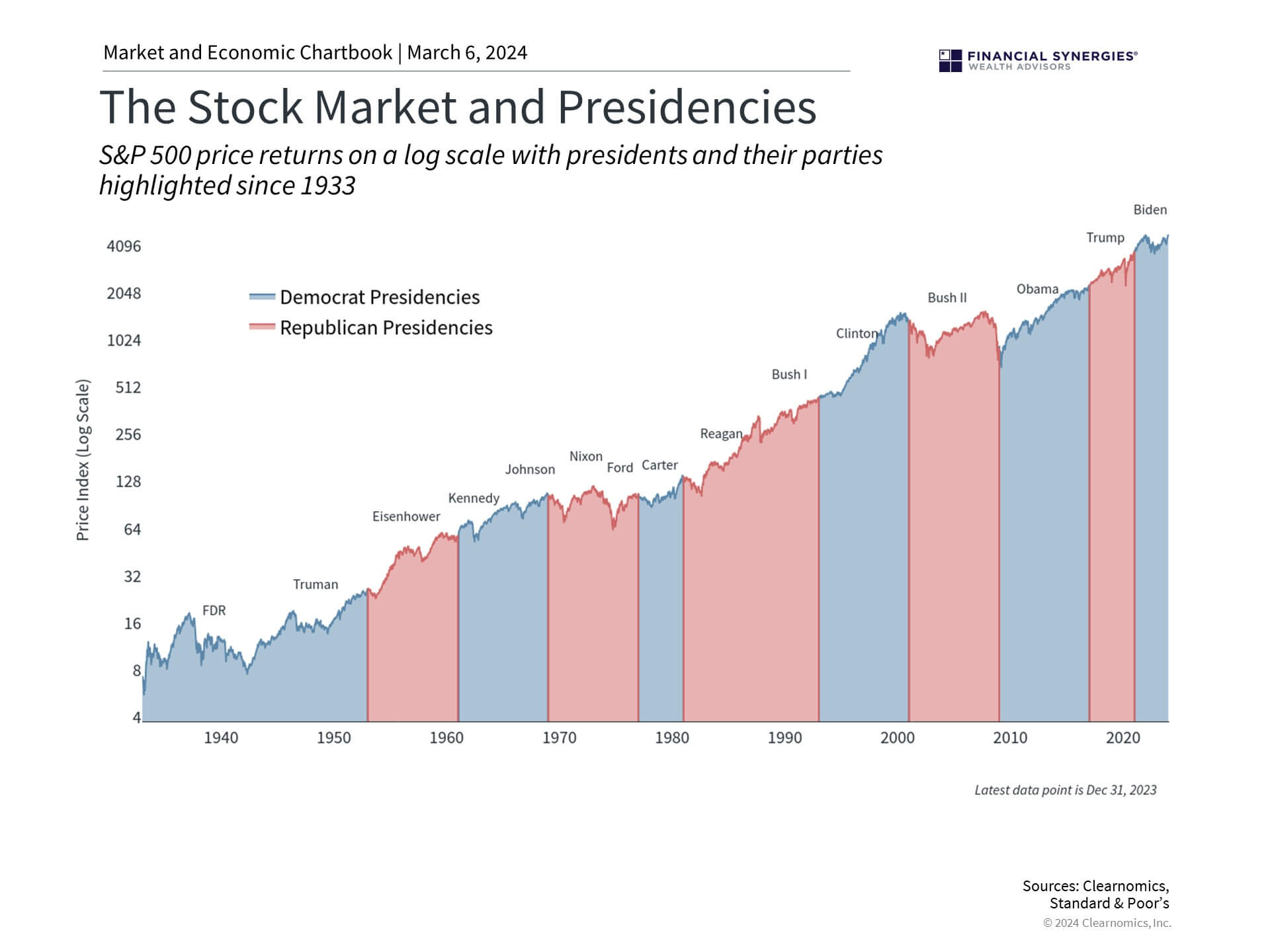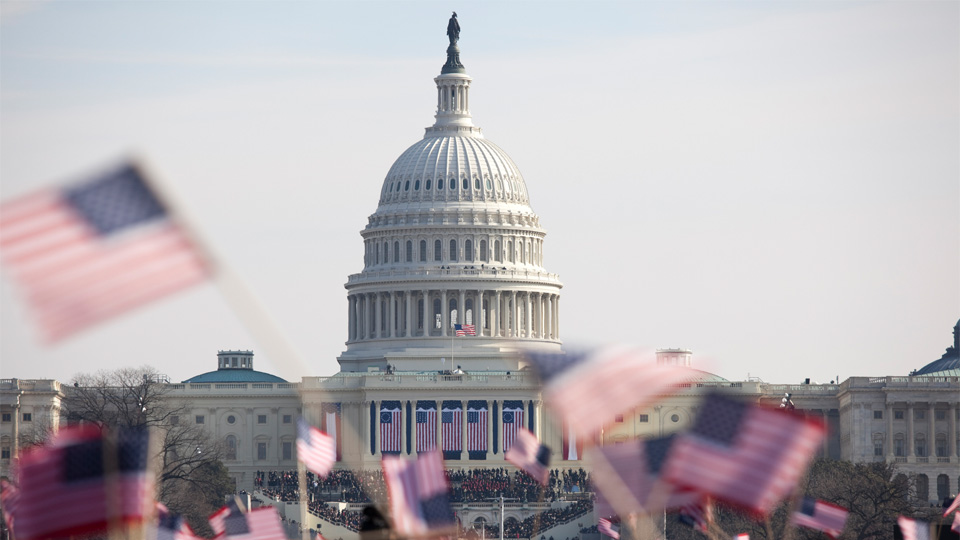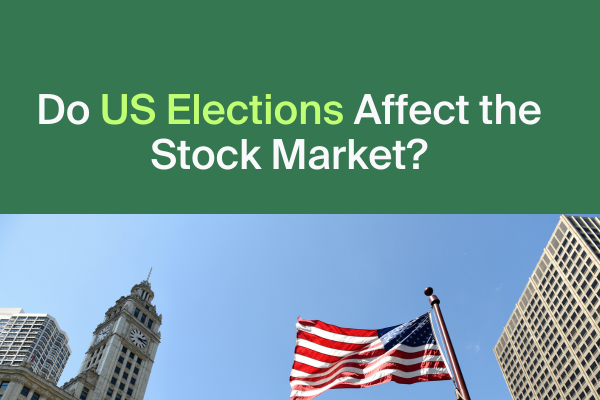Presidential Elections Affect the Stock Market: The U.S. Presidential Elections are always a big event. They do not only affect politics but also the stock market. Investors watch elections closely. They want to know how new policies might impact their investments.

Credit: www.finsyn.com
Why do elections affect the Stock Market?
Elections bring change. New leaders can change laws and policies. These changes can affect businesses. Investors react to these potential changes. This is why the stock market can be very active during election years.
Investor Behavior During Elections
Investors often feel uncertain during elections. They do not know who will win. They do not know what policies will change. This uncertainty can cause stock prices to go up and down.
Investors may also follow trends. For example, they might buy stocks in companies they think will do well under the new president. They might sell stocks in companies they think will not do well. This can also cause changes in the stock market.
Historical Trends
We can look at past elections to see how they affected the stock market. Here are some trends:
- Election Years: The stock market often goes up in the months leading up to an election. This is because investors are hopeful about the future.
- Post-Election Years: The stock market can be more volatile after an election. This is because investors are reacting to the new president’s policies.
| Year | President Elected | S&P 500 Performance |
|---|---|---|
| 2016 | Donald Trump | +9.5% |
| 2012 | Barack Obama | +13.4% |
| 2008 | Barack Obama | -37.0% |
Factors That Influence the Stock Market During Elections
Many factors can influence the stock market during elections. Here are a few:
Economic Policies
Presidential candidates often have different ideas about the economy. Some may want to lower taxes. Others may want to increase government spending. These policies can affect businesses and the stock market.
Trade Policies
Trade policies can also impact the stock market. Some candidates may want to create new trade deals. Others may want to impose tariffs. These changes can affect companies that do business overseas.
Regulations
Regulations can also play a big role. Some candidates may want to reduce regulations. This can be good for businesses. Others may want to increase regulations. This can make it harder for businesses to operate.

Credit: www.usbank.com
Tips for Investors During Election Years
It can be challenging to invest during election years. Here are some tips:
- Stay Informed: Keep up with the news. Know what each candidate’s policies are.
- Diversify: Spread your investments across different sectors. This can help reduce risk.
- Stay Calm: The stock market may be volatile. Try not to make hasty decisions.
Focus On Long-term Goals
Remember to focus on your long-term goals. Elections come and go, but your investment goals should remain steady. Stick to your plan and avoid making rash decisions based on short-term events.
Frequently Asked Questions
How Do Elections Impact Stock Market Performance?
Elections create uncertainty, influencing investor sentiment and causing market volatility. Policies proposed by candidates also affect market trends.
Do Stock Markets Favor A Particular Party?
Historically, markets have shown mixed reactions. Both Democratic and Republican administrations have seen periods of growth and decline.
Are There Investment Strategies For Election Years?
Yes, diversifying your portfolio and focusing on sectors less influenced by political changes can reduce risk during election years.
Conclusion:
U.S. Presidential Elections have a significant impact on the stock market. Investors should be aware of this and plan accordingly. By staying informed and focusing on long-term goals, investors can navigate the uncertainties of election years.
In summary, understanding how elections affect the stock market can help investors make better decisions. Stay informed, diversify your investments, and stay calm during volatile times.

